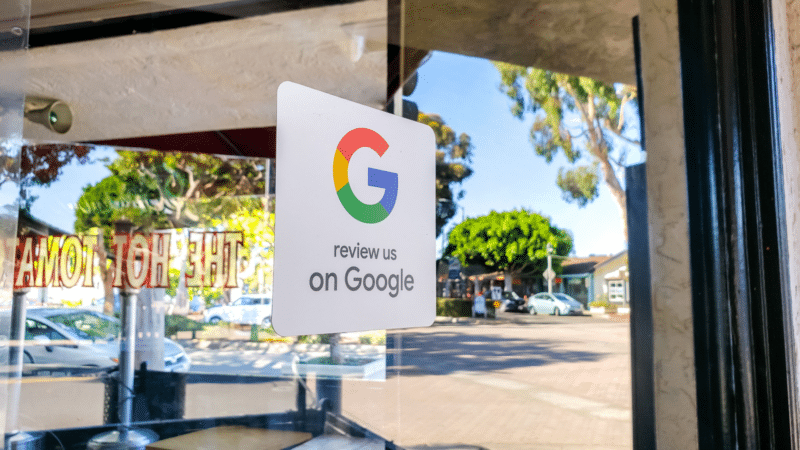
The Essential Role of Google Reviews in Local SEO for 2025
In the ever-evolving landscape of digital marketing, a robust Google review strategy emerges as a cornerstone of local SEO in 2025. While numerous businesses continue to downplay the power of Google reviews, the reality is unmistakable: they significantly influence a company’s search rankings within the crucial map pack. For software developers, marketers, and service-oriented professionals, recognizing and acting upon the impact of Google reviews is imperative for enhancing local visibility and driving customer conversions.
To reap the maximum benefits from Google reviews, businesses should actively encourage customers to provide detailed feedback. Reviews that engage with specific services, highlight problems faced, detail communication with staff, and outline the results achieved are far more valuable. Additionally, leveraging visual content—like customer-uploaded photos—can not only increase the lifespan of a review but also bolster brand authenticity, which is indispensable in today’s marketplace.
Negative reviews, though often perceived as setbacks, offer an opportunity to demonstrate a business’s commitment to customer satisfaction. A thoughtful response to unfavorable feedback can portray a genuine and human side of the business, ultimately enhancing credibility. This becomes particularly crucial in an era where consumers are often skeptical of businesses boasting perfect ratings. Hence, a rating below 4.0 can jeopardize visibility in searches for “best” or “top” results, emphasizing the need for consistent monitoring of review metrics.
Keeping track of the quality and quantity of reviews is essential for maintaining competitiveness. Techniques for obtaining these reviews could include incentivizing employees to actively request feedback, automating outreach mechanisms via texts or emails with direct links to review platforms, and seeking reviews from vendors or business partners. However, businesses must also navigate challenges such as disappearing reviews, which may occur due to technical glitches or Google’s filtering algorithm. Establishing a process for reporting and managing these occurrences is crucial.
The presence of fake reviews, both negative and positive, poses a distinct challenge in maintaining reputable online feedback. Although Google utilizes AI to identify fake reviews, businesses often face the struggle of disputing unfair reviews. Thus, the ongoing management of review content is vital for preserving online integrity.
As businesses work to build a successful local SEO strategy through authentic and genuine reviews, incorporating tools like URL shorteners can amplify visibility. Customized short links can increase engagement by streamlining the process for customers to leave their feedback and can also create an avenue for analytics tracking. For instance, utilizing a short link management system allows businesses to monitor how often their review links are clicked, optimizing the request process and enhancing overall customer interaction.
Lastly, tracking the efficacy of review requests can be further improved with the use of a custom domain for shortened links. Doing so not only reinforces brand identity but also instills a sense of trust among customers as they engage with branded links rather than generic URL shorteners. The interplay of Google reviews and link management tools positions businesses strategically within the competitive local SEO arena.
In conclusion, detailed, authentic, and consistently monitored reviews are integral to bolstering a successful local SEO strategy. Businesses that embrace this reality will not only improve their online presence but also cultivate customer trust, a crucial element in today’s saturated market.

